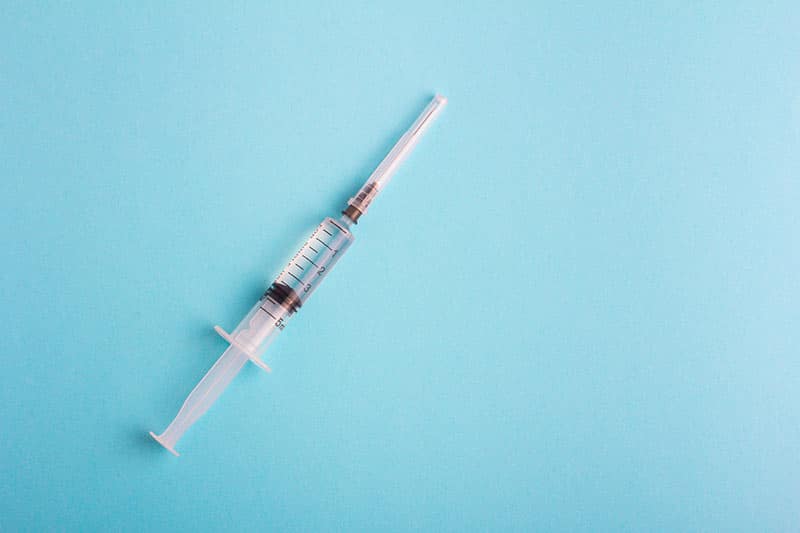We got answers from Shantala Samart, MD, infectious disease specialist on the Methodist Mansfield medical staff. Test your knowledge with this quiz.
According to the Centers for Disease Control and Prevention (CDC), children should receive their first chickenpox vaccine at 12–15 months and a booster between ages 4 and 6. Dr. Samart adds if your child missed the first dose and has never had chickenpox, he or she can still get the vaccine at age 13 or older with a second dose given at least 28 days later. The CDC recommends that both boys and girls ages 11 and 12 receive the HPV vaccine, although children can receive the vaccine as early as age 9. Dr. Samart says parents should keep in mind HPV causes six different types of cancer, including cervical cancer in women and penile cancer in men. Dr. Samart says, “This one is easy. The influenza virus is constantly changing, as are the vaccines that prevent it.” Beginning at 6 months old, children should be vaccinated against influenza every year, as should adults. The flu vaccine is created using flu viruses incapable of causing infection. Children should certainly be protected against this dangerous bacterial illness. Although meningitis outbreaks occur commonly on college campuses, children need the meningitis vaccine long before they graduate high school. Dr. Samart points out if your child did not receive the meningitis vaccine at ages 11 or 12, he can still receive a form of the vaccine between ages 16 and 23.#1. Assuming your child received her chickenpox vaccine between 12 and 15 months old, how old will she be when she receives her booster shot?
#2. Which of these vaccines will your 4- to 6-year-old NOT receive?
#3. At what age should your child receive the human papillomavirus (HPV) vaccine?
#4. How often should your child get a flu shot?
#5. When should your child receive the meningitis vaccine?
Did You Know?
- There have been no new cases of endemic polio in the U.S. since 1979. However, doctors are trying to learn more about a rare polio-like disease called acute flaccid myelitis, for which there is no vaccine, that has seen an uptick in cases since 2014.
- Common side effects from vaccines include redness or swelling at the injection site, but serious side effects from vaccines are rare, according to the American Academy of Family Physicians.
- The Centers for Disease Control and Prevention notes that, since 2004, researchers have discovered nine new infections carried by mosquitoes and ticks. There are no vaccines for insect-borne diseases, so proper protection from bites is crucial.

